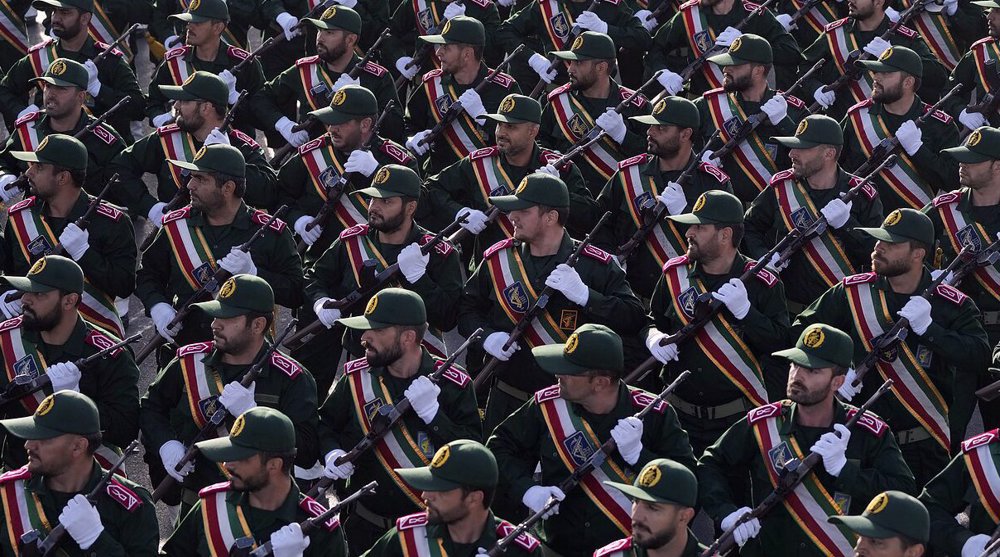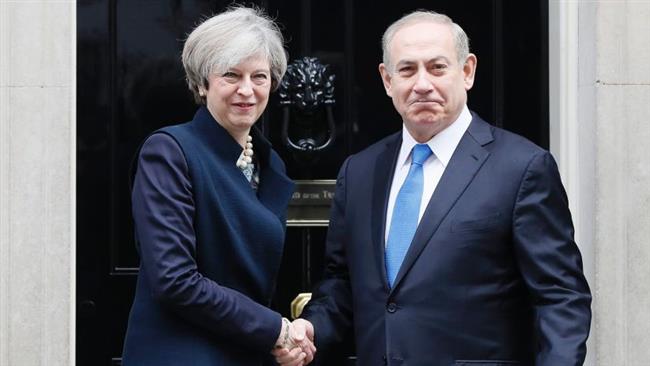US Treasury slaps sanctions on Iranian companies after rocket test
The US Department of the Treasury has imposed sanctions on Iran over what it called Tehran's "continued provocative actions," including Thursday's successful test of a satellite-launch rocket.
The Office of Foreign Assets Control slapped the sanctions on Friday on six Iranian companies owned or controlled by Shahid Hemmat Industrial Group, the Treasury said in a statement.
The Treasury Department called Shahid Hemmat Industrial Group "central" to Iran's ballistic missiles program, which Tehran says is defensive.
On Thursday, Iran launched its domestically-manufactured Simorgh carrier, whose mission is to put Iranian satellites into the orbit.

According to Tasnim News Agency, the launch was carried out from the Imam Khomeini Space Center. Simorgh, named after a bird in Iranian mythology, is capable of placing a satellite weighing up to 250 kilograms in an orbit of 500 kilometers.
US Treasury Secretary Steven Mnuchin said on Friday the sanctions are aimed at Iran's ballistic missile activity, including what he called a "provocative space launch."
“These sanctions target key entities involved in Iran's ballistic missile program, and underscore the United States' deep concerns with Iran's continued development and testing of ballistic missiles and other provocative behavior," Mnuchin said.
On Thursday, the State Department criticized the test, saying it appeared to be a violation of UN Security Council resolutions.
"We consider that to be continued ballistic missile development," State Department spokeswoman Heather Nauert told reporters. "We consider this to be provocative action."
The State Department spokeswoman suggested that the launch could be a "violation of UN Security Council resolutions."
Read More:
The United States claims that Iran's missile tests and rocket launches violate UN Resolution 2231, which was adopted in July 2015 to endorse the nuclear agreement.
Resolution 2231 calls on Iran "not to undertake any activity related to ballistic missiles designed to be capable of delivering nuclear weapons, including launches using such ballistic missile technology."
Tehran insists its missile tests and rocket launches do not breach any UN resolution because they are solely for defense purposes and not designed to carry nuclear warheads.

On Friday, Iranian Foreign Minister Mohammad Javad Zarif said the Islamic Republic has completely kept to the commitments it made under the landmark nuclear agreement signed between Tehran and the P5+1 group of countries in 2015.
“Iran – unlike the US – has complied in good faith with the letter and spirit of the JCPOA (nuclear deal, known as the Joint Comprehensive Plan of Action),” Zarif tweeted, adding that the US rhetoric and actions, however, show its “bad faith.”
Since his inauguration on January 20, US President Donald Trump has adopted a hostile policy towards Iran.
He has repeatedly vowed to cancel the nuclear agreement between Iran and the P5+1 group of countries, including the US, and his administration has imposed new sanctions on multiple Iranian individuals and entities.

‘Deterrent and defensive’: Armed Forces say IRGC vanquishes any enemy at any level

Iranian Armed Forces achieve ‘most sophisticated’ defense technology: Military official

Iran Army possesses ‘ultra-secret, AI-powered’ weapons; enemy has no chance to survive: Cmdr.
VIDEO | Senior Hamas-allied leader killed in Israeli drone strike south of Beirut
Syria arrests Islamic Jihad officials after US ties sanctions relief to ban on Palestinian groups
Gaza children dying not only from bombs, but hunger: Health Ministry
Israeli strikes kill nearly 10 Gazans, including two children, in new aggression
VIDEO | Rome talks & sword breaks in Gaza
VIDEO | Ireland remembers anti-colonial uprising
Day of Rage: Hamas calls on all Palestinians to attend pro-Gaza rallies
Certain groups manipulating Iran-US talks, goading US into making ‘maximalist demands’: FM















 This makes it easy to access the Press TV website
This makes it easy to access the Press TV website